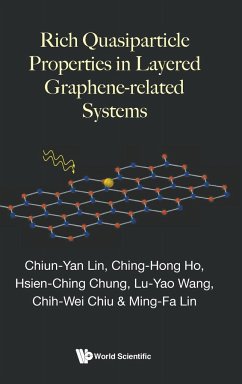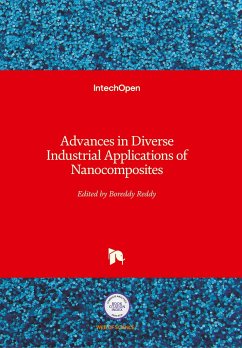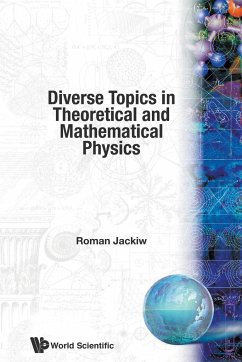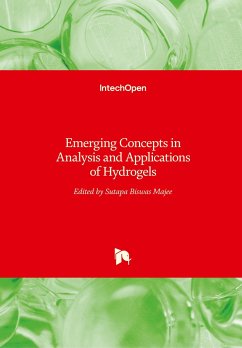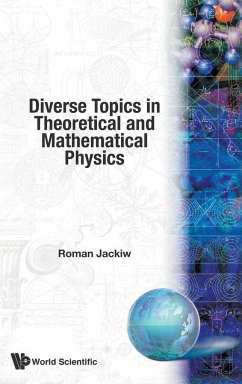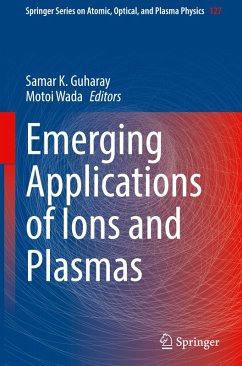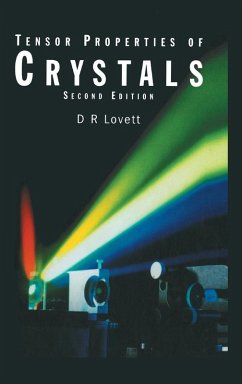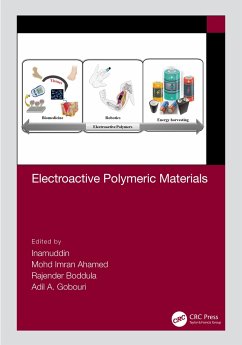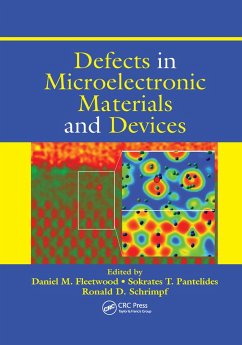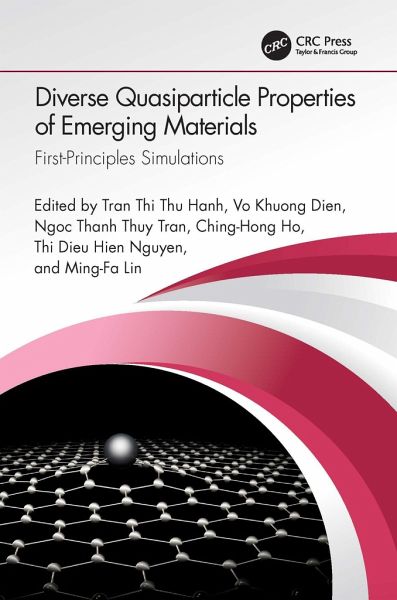
Diverse Quasiparticle Properties of Emerging Materials
First-Principles Simulations
Herausgeber: Hanh, Tran Thi Thu; Tran, Ngoc Thanh Thuy; Dien, Vo Khuong
Versandkostenfrei!
Versandfertig in 1-2 Wochen
226,99 €
inkl. MwSt.

PAYBACK Punkte
113 °P sammeln!
Diverse Quasiparticle Properties of Emerging Materials: First-Principles Simulations thoroughly explores the rich and unique quasiparticle properties of emergent materials through a VASP-based theoretical framework. Evaluations and analyses are conducted on the crystal symmetries, electronic energy spectra/wave functions, spatial charge densities, van Hove singularities, magnetic moments, spin configurations, optical absorption structures with/without excitonic effects, quantum transports, and atomic coherent oscillations. Key Features Illustrates various quasiparticle phenomena, mainly coveri...
Diverse Quasiparticle Properties of Emerging Materials: First-Principles Simulations thoroughly explores the rich and unique quasiparticle properties of emergent materials through a VASP-based theoretical framework. Evaluations and analyses are conducted on the crystal symmetries, electronic energy spectra/wave functions, spatial charge densities, van Hove singularities, magnetic moments, spin configurations, optical absorption structures with/without excitonic effects, quantum transports, and atomic coherent oscillations. Key Features Illustrates various quasiparticle phenomena, mainly covering orbital hybridizations and spin-up/spin-down configurations Mainly focuses on electrons and holes, in which their methods and techniques could be generalized to other quasiparticles, such as phonons and photons Considers such emerging materials as zigzag nanotubes, nanoribbons, germanene, plumbene, bismuth chalcogenide insulators Includes a section on applications of these materials This book is aimed at professionals and researchers in materials science, physics, and physical chemistry, as well as upper-level students in these fields.



